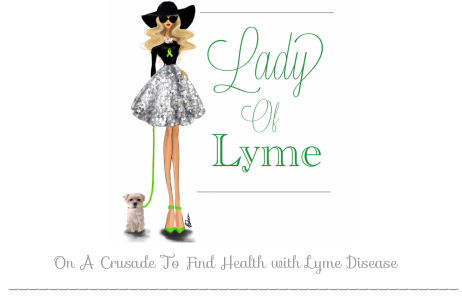With the passing of Robin Williams, it came as an utter shock to people around the world who adored him. He was the epitome of warm, funny, and genuine all wrapped up into one man. If you were to have asked anyone they would have told you that he was hilarious, and I imagined him to have been as happy and jolly as he seemed. He radiated joy, and he radiated something special that everyone who knew him has attested to.
But underneath that mask he was fighting depression. Other than those very close to him the world didn't know it was happening. Because he didn't let it show. He hid behind comedy and he hid behind his goofy sarcasm in order to cope. And that is often the case for the over 350 million Americans who are fighting depression themselves. That number is astronomical. The next time you are out in the world stop and take a look around. All the people you pass on the street that you don't normally notice, they could be the one of the 350 million.
I feel thankful that I don't know what depression feels like. I don't know why I'm that lucky while others aren't. I don't know what predisposes someone to depression and others to not. I don't know any of this. But what I do know is that I have seen the desperation in someone who was fighting it, and it's one of the hardest internal battles that one can have with themselves.
Robin Williams' passing has opened a dialogue up across America about depression. It has spurred debate from both sides of the field: those who want to educate and those who think it's selfish. Whichever side you fall on, the undisputed fact about depression is that it isn't discussed openly nearly enough. We can't wait until a comedic genius takes his own life to talk about the horrors depression can cause. With Lyme disease, depression is an often dismissed topic. People seem to think that it can be brushed off, or that it's made up. But the fact of the matter is that mental health is often very affected with this disease. Underneath that mask of looking like everything is okay is the very real truth that everything is NOT okay. There are a lot of people putting on a smile in public and then going home to privately suffer in their minds.
What came first the chicken or the egg? What came first, the depression or the chronic illness? I hear this question asked a lot as if it somehow justifies it. As if somehow if the depression came after becoming ill then it must mean that it's normal. It must mean that it's just the pain talking, and it's not real. People think "Oh, once they get better they will snap out of it." Wrong. So wrong on so many levels. It does not matter which came first. It never matters. All that matters is that if someone is suffering from a mental health condition it needs to be taken seriously. And we could all do better as people to learn how to make this topic one that isn't only talked about when tragedy hits and isn't so fiercely polarized.
If you or ANYONE you know is battling feelings of depression please don't wait. Please call the National Suicide Hotline (1-800-273-8255). If you think someone might harm themselves and you don't know what to do, call the hotline and seek counsel. And most importantly, never brush off someones pain or feelings just because then "seem" fine. Remember that masks can come in all different shapes and sizes, but the person underneath it is still the same.
xoxo,
Christina

 RSS Feed
RSS Feed